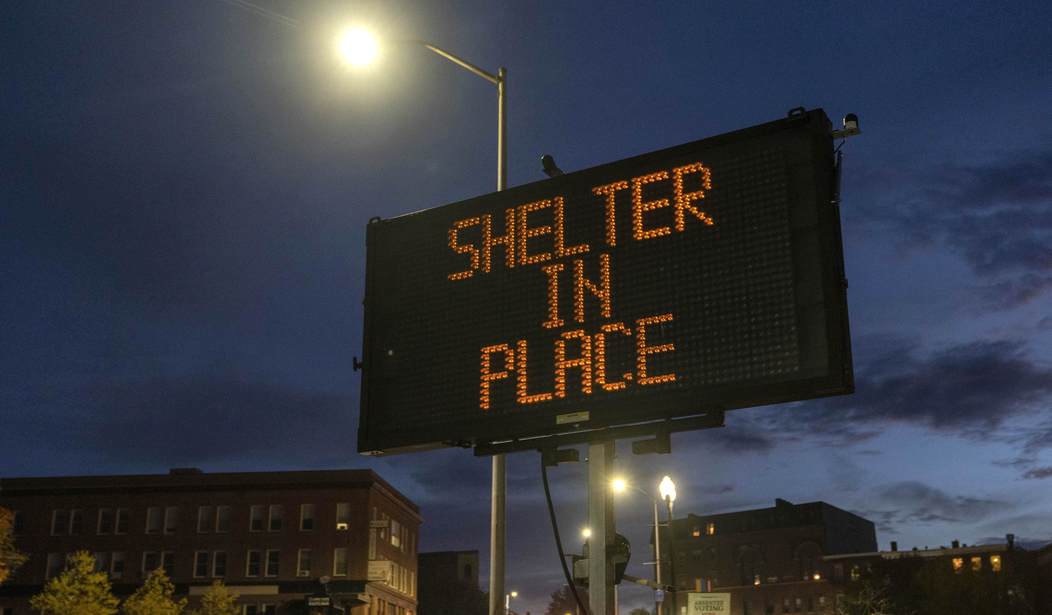On October 25 the country watched in horror as Robert Card gunned down too many people in Lewiston, Maine, killing 18 of them before disappearing into the night. He left police to conduct a search for him lasting two days until his body was finally located in a shed where he had taken his own life. It’s probably easy enough to think of Card as a monster, but it turns out that when he wasn’t flying off the rails he had friends just like everyone else. Some of those friends had noticed his increasingly erratic behavior and become worried. One of them, self-described as his “best friend” did more than just worry. He contacted their Army supervisor warning him that something bad was probably going to happen. In fact, he texted a message specifically saying, “I believe he’s going to snap and do a mass shooting.” Yet nothing was done until it was too late. (AP)
Sean Hodgson watched and worried as his best friend of nearly two decades unraveled. His former roommate and fellow U.S. Army reservist’s anger and paranoia were mounting, he had access to guns, and he refused to get help. So Hodgson did the hardest thing of his life: He sent a text about Robert Card to their Army supervisor.
“I believe he’s going to snap and do a mass shooting,” he wrote on Sept. 15.
Six weeks later, Card fatally shot 18 people at a bowling alley and a bar in Lewiston before killing himself. His body was found in a trailer after a two-day search and regionwide lockdown.
That wasn’t the first warning that Sean Hodgson issued to the military. In September he urged his command staff to change the passcode on the gate leading into their base and have the guards “arm themselves” if Card showed up there. It’s unclear whether those precautions were taken to heart, but the end result was the same.
If someone’s best friend is issuing dire warnings of that sort, what more would it take before someone stepped forward to intervene? Keep in mind that these weren’t the only red flags that had been raised. Earlier that year, the local police had received calls from Card’s relatives describing his increasing episodes of paranoia and expressing concerns over his access to weapons. Over the summer he had been locked up for two weeks in a psychiatric unit. The army had already barred him from handling weapons on duty and listed him as “undeployable.” They obviously knew there was a problem.
You have to wonder why the Army was keeping Card around at that point unless it was as an involuntary medical patient. How much use is a soldier who can’t be trusted with firearms and who can’t even be deployed to serve? Traditionally, the leadership at military bases around the country have worked diligently to establish good relationships with the community and local civilian authorities. Couldn’t someone from Card’s base have picked up the phone and called the Lewiston Chief of Police suggesting that action might be required?
In the past, I’ve been critical of various red flag laws that have been passed. Some of them are overly broad and are open to abuse by people looking to have their perceived adversary’s guns taken away without there being a legitimate cause for concern. But if there was ever a person who was simply begging for an intervention and the confiscation of his firearms, it was clearly Robert Card. But nothing was done and now we all have to live with the results. Or at least, all but 18 of us.








Join the conversation as a VIP Member